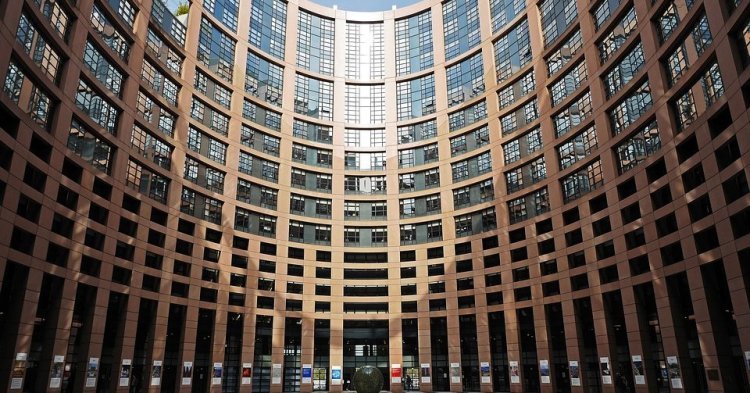Despite an extension of rights in recent decades, the European Parliament lacks one thing in particular: the right to propose laws. Proponents consider it a crucial step towards a more democratic EU, critics fear the institution might not be ready to bear more responsibility.
What’s it all about?
The European Parliament is the one directly elected EU body: through the European elections, citizens decide on who is going to represent them and who will decide on EU laws. However, any legislative proposal on the EU level has to be presented by the European Commission. The laws are then passed by the European Parliament, together with the Council of Ministers. JEF, however, criticises the fact that the institution cannot initiate its own proposals.
What do critics say?
Some critics don’t consider the European Parliament ready to have more responsibility. One of their arguments is that the number of parliamentarians (MEPs) per country does not proportionally reflect the actual population. Bigger countries like Germany have a maximum of 96 MEPs, small countries like Malta send a minimum of 6 lawmakers to Brussels/Strasbourg. That means that German citizens are represented by 16 times as many MEPs as Maltese citizens, even though German voters outnumber Maltese voters by a factor of 191. A vote in Malta thus counts more, and that is a deficit critics want to eliminate before granting more rights to the European Parliament.
Other sceptics are even less optimistic and argue that politicians are so divided across borders and political groups, not to mention language barriers, that the European Parliament cannot function efficiently and, thus, should not bear more responsibility.
What do supporters say?
Proponents don’t contradict the first argument but claim this to be a deficit that has to be fixed independently. The second point is met with a portion of optimism: Every single day, the EU proves anew that it is possible – moreover, necessary – to cooperate across borders, opinions and language barriers.
Supporters consider their call an important step towards democratisation of the European Union: The EU Commissioners are nominated by the respective Member States. Thanks to the direct election of the European Parliament, however, citizens have much more control over who represents them. If these representatives then could not only modify and eventually pass laws but initiate them, citizens would have more power, which would make the EU more democratic.
What’s your opinion?

Treasurer and Policy Officer at the JEF Germany board | “As the only democratically elected institution on the European level, the European Parliament needs the right of initiative so that it can issue its very own proposals and is not dependent on the European Commission. The EU always faces the criticism of being undemocratic. We can counteract this with the right of initiative, and give citizens a stronger voice. The European Parliament has to be the cornerstone and heart of European politics, and therefore it needs a right of initiative!” |
| “The European Parliament is unique in many ways. On the one hand, it is the only parliament worldwide which is elected beyond national borders – that is a milestone in the history of (European) democracy. On the other hand, our elected representatives have no power to propose laws. This urgently needs to change: the European Parliament ought to be granted the right of initiative in the future. Moreover, it should be the more powerful institution vis-à-vis the Council!” | 
Social Media Manager at Treffpunkt Europa |



Follow the comments: |
|
